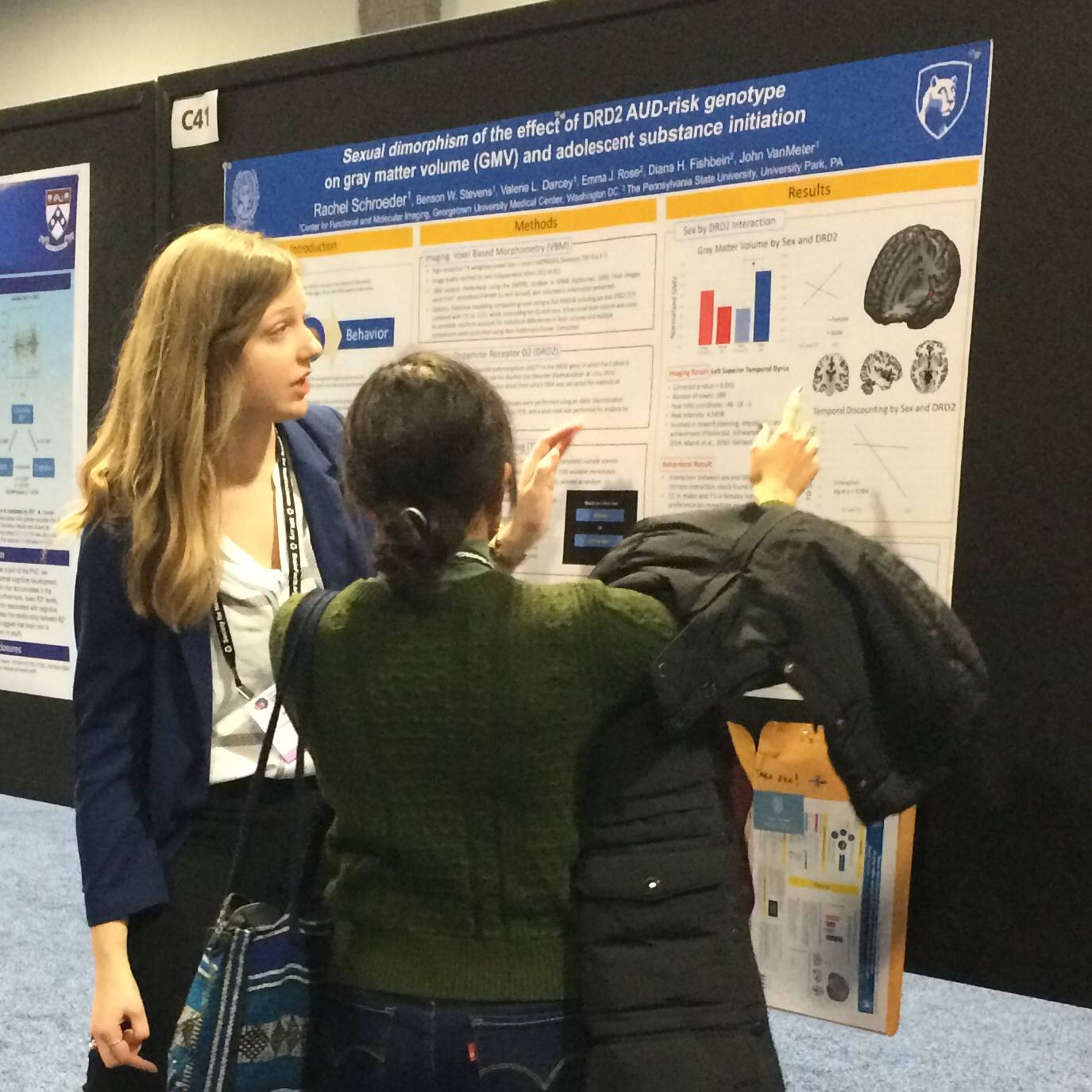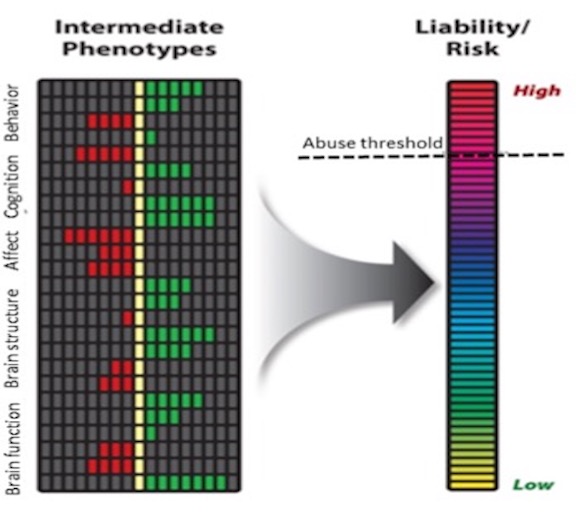Our rapid research has revealed an intricate picture of the developing teenage brain. Keep pace with our study updates here.
Opioid Gene Variant in Adolescents Reduces Reward, May Increase Later Substance Abuse Risk
A variant in an opioid receptor gene in the brain reduces the natural reward response in young adolescents before they have started using alcohol or other substances, indicating carriers of this genetic variant may be more susceptible to addiction.

Genetic Risk Factors Correlate with Brain Growth
A variation in the dopamine transporter protein, DRD2, has been shown to be correlated with differences in brain growth between teenage girls and boys. This receptor is known to be related to the development of future substance user disorder and now new research also relates this variation to differences in the maturation of brain structure suggesting a potential critical period when the teenage brain is susceptible to risky behavior.

Teens at Risk for Alcohol Use
Research results identifying common factors in teens at risk for alcohol use were presented at the Society for Neuroscience in Washington, D.C. Additional findings relating fatty acids to brain development have also provided valuable knowledge on the poorly understood importance of between diet during the teenage years on future cognitive ability.
